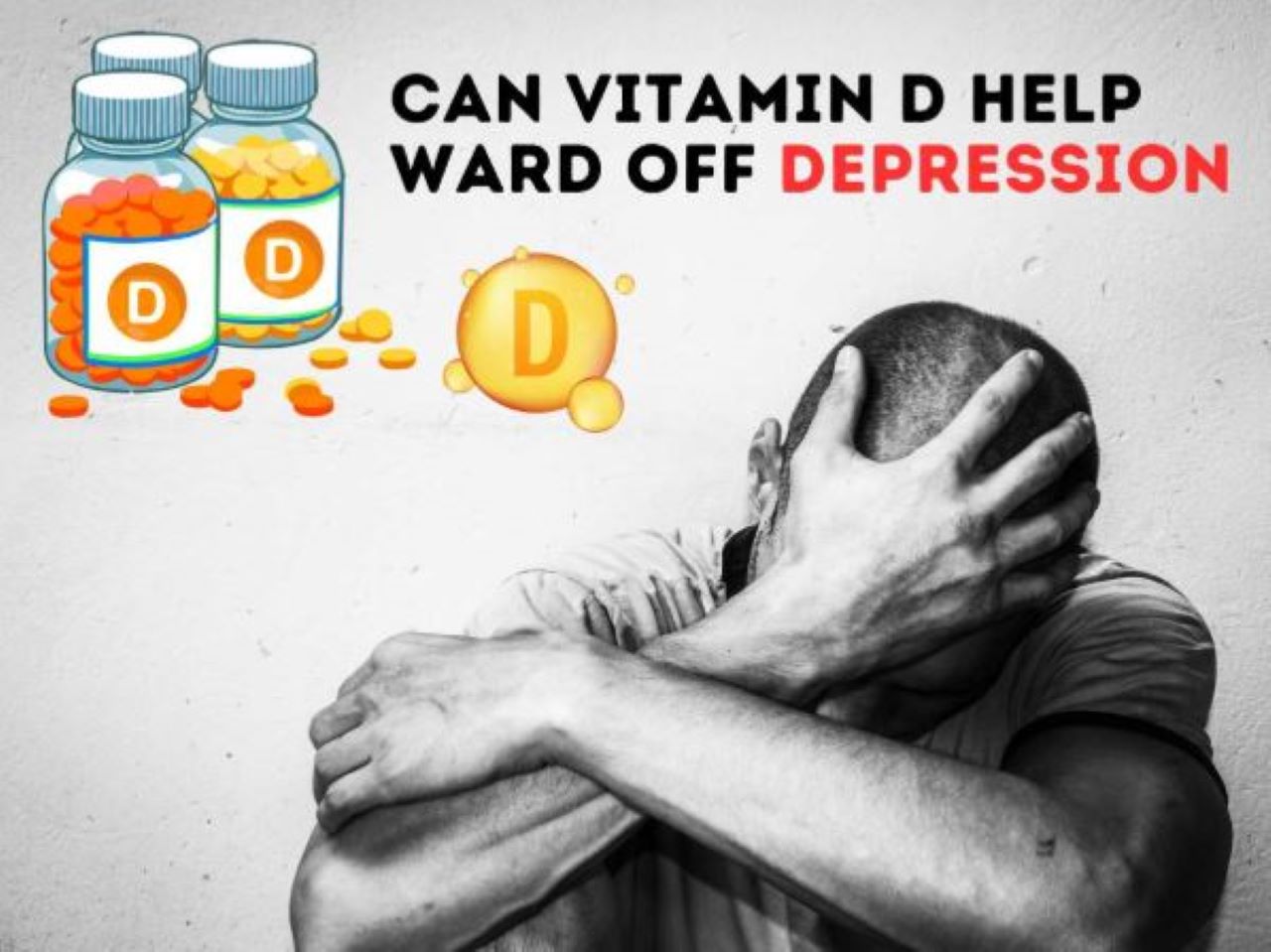Why Is Vitamin D Called “Sunshine”?
That’s because, like a superhero, it’s activated when your skin catches the sun’s rays. Your body kneads this vitamin itself, like a cocktail, if you spend time outside.
But here’s the kicker: many with depression are vitamin D deficient. Science doesn’t yet say it’s a 100% link, but the clues are there.
An example from the life of science:
- In 2018, scientists found that people with depression often have low levels of vitamin D.
- The same problems were found in women with postpartum depression.
- And here’s a 2020 study where 56 participants drank supplements for 8 weeks and found that symptoms of depression became milder.
But! There is another study – more than 18,000 people drank vitamin D at 2000 IU every day for five years, and… no effect on depression was noticed. In short, science has not yet given a definitive answer.
What Could Your Body Be Lacking? Six Main Causes of Vitamin D Deficiency
- You don’t hang out in the sun enough.
If you’re flexing more in four walls or living in a place that hasn’t seen the sun in centuries, your vitamin levels drop. What’s the buzz to look forward to if your main source of the vitamin is just missing?
- Diet leaves a lot to be desired.
Nature hasn’t been very generous in providing us with vitamin D-rich foods. What saves the day?
- Salmon, mackerel and other fatty fish.
- Fish oil (yes, that nasty taste from childhood, but it’s good for you).
- Mushrooms exposed to ultraviolet light.
- Eggs, dairy and fortified foods (like juices and cereals).
- Your skin’s too dark.
Melanin is a cool thing, it protects you from the sun, but it prevents you from catching vitamin D. People with dark skin have slower production of the vitamin.
- You live far from the equator.
The farther north you live, the less light you get in the winter. Which means the chances of vitamin deficiency increase dramatically.
- Being overweight is also a factor.
Obese people use up the vitamin more slowly, so they need more of it to even things out.
- Age.
The skin over the years ceases to be the laboratory for the production of the vitamin. And the older generation goes out in the sun less often than they would like.
How Do You Realize You Have a Problem?
The symptoms of vitamin D deficiency are pretty obvious:
- My bones ache, my muscles are weak, my joints ache.
- You always want to lie down, because it’s like you have no strength at all.
- It’s as if you’ve gone limp and lost energy.
Depression, on the other hand, manifests itself a little differently:
- My mood is at zero, as if nothing pleases me at all.
- Everything that used to be fun has become annoying or boring.
- The weight jumps back and forth for no apparent reason.
How Do You Raise Your Vitamin D Levels and Bring the High Back Into Your Life?
- Add sunbathing to your schedule.If the weather is fine, get outside for at least 15-30 minutes a day. It’s more difficult in the winter, but don’t go completely overboard.
- Pump up your diet. Salmon, mushrooms, eggs, dairy are all easy to incorporate into your menu. There are options for vegans, too: fortified plant milks, juices, the same mushrooms.
- Take supplements. Supplements are like cheats in a game. But don’t go overboard: talk to your doctor so you don’t get hypervitaminosis.
- Try a UV lamp. If the sun is not a frequent guest, lamps that mimic its light can help. Just use them wisely and in consultation with your doctor.
Bottom Line: Do You Need to Do Something Right Now?
If you have depression and symptoms of vitamin D deficiency, it may make sense to take supplements or tweak your routine. But! Vitamin D is not a panacea. If your depression is severe, you’d better run to a specialist who can help you get out of this situation intelligently.
Remember: your body is your engine. Fill it with the right fuel, whether it’s sunshine, food or supplements. And most importantly, don’t slow down!
Stay informed with Daily Habit!


